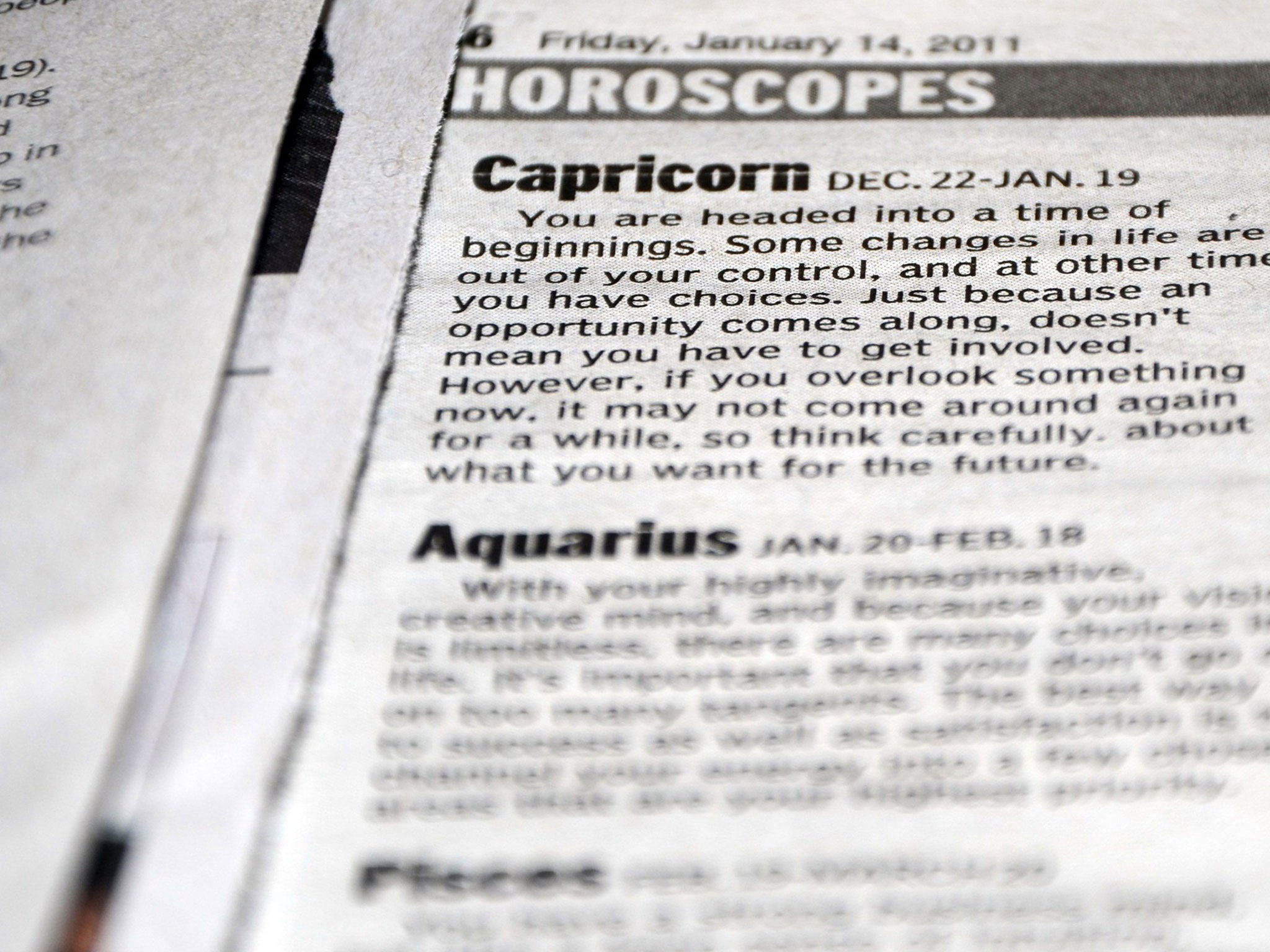
Your support helps us to tell the story
From reproductive rights to climate change to Big Tech, The Independent is on the ground when the story is developing. Whether it's investigating the financials of Elon Musk's pro-Trump PAC or producing our latest documentary, 'The A Word', which shines a light on the American women fighting for reproductive rights, we know how important it is to parse out the facts from the messaging.
At such a critical moment in US history, we need reporters on the ground. Your donation allows us to keep sending journalists to speak to both sides of the story.
The Independent is trusted by Americans across the entire political spectrum. And unlike many other quality news outlets, we choose not to lock Americans out of our reporting and analysis with paywalls. We believe quality journalism should be available to everyone, paid for by those who can afford it.
Your support makes all the difference.Martha Gill has written a fascinating piece in the New Statesman today, collating the scientific evidence for personality differences based on birth month into a set of alternative horoscopes. And there's plenty more where that came from ...
1. In February 2011, the Bombay High Court ruled that astrology is a science. Government Deputy Drug Controller Dr R Ramakrishna specifically excluded astrology from India's Drugs and Magical Remedies Act (Objectionable Advertisements), 1954 which bans false advertising. He said: "Astrology is a trusted science and is being practised for over 400 years."
2. In the 1950s a scientist called Micel Gauquelin published a study of the "Mars effect" which, he argued, made it more likely that top sports stars would be born when Mars was in certain parts of the sky. His study was widely criticised by his peers.
3. In December 2010, it was reported in the scientific journal Nature Neuroscience that babies born in the summer were more likely to grow up with an optimistic outlook, while winter babies were more likely to suffer depression. Something to do with an exaggerated response to seasonal affective disorder, said Professor Douglas McMahon.
Still not convinced? Typical skeptical Pisces....
Join our commenting forum
Join thought-provoking conversations, follow other Independent readers and see their replies
Comments